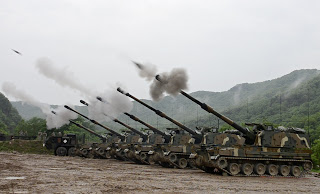C++ scope
Variables store the state of a program. We know that it's the way a program 'remembers' something. This 'state' is also notoriously prone to side-effects. A variable altered in one place can have un-intended consequence in another.
The 'scope' of a variable determines where it can be accessed. A variable with lower scope can be changed with higher confidence (= lower side-effects).
See here for an introduction to scope in C++
C++ also scopes variables in classes. See here for details.
Is the scope of a variable checked at compile-time or run-time?
In other words, can we access a private data member if the class returns a pointer to it?
class PrivacyViolator {
private:
char name[256];
public:
char* getName() {
return name;
}
};
Can I call getName from outside this class and change its contents?
PrivacyViolator p;
char* s = p.getName();
char source[] = "Accessed private variable";
strcpy_s(s, sizeof(source), source);
Why does the above code work, though it copies a string to an uninitialized variable?
Leave your thoughts below. Then go on to control structures in C++.


Comments
Post a Comment